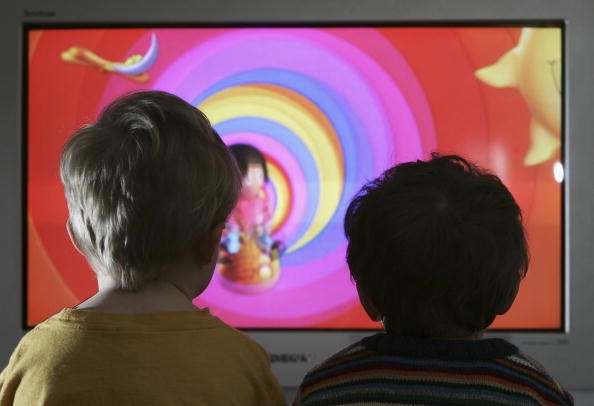
Are you spending more time in front of the TV than on the treadmill? You could be jeopardizing your cognition by the time you're older.
In a study conducted by researchers from California, they have linked a sedentary lifestyle, including too much TV watching, with a possibly decreased cognition later in life.
For the research, they analyzed the cognitive performance of more than 2,500 men and women. During the beginning of the study, their average age was 25 years old. They then conducted two types of exams including one that focused on speed of thinking within the next 25 years. They also monitored their physical activity such as watching television and number of hours sitting through questionnaires.
Based on their analyses, those who spent at least three hours of watching television rated poorly in the cognitive exam. In fact, they were twice likely to score below average than those who didn't watch as much and who were more physically active.
The study, however, doesn't establish a cause-and-effect relationship. Further, the supposed poor cognitive performance is not associated with dementia such as Alzheimer's disease, which refers to the gradual loss of memory. Nevertheless, this may indicate that a sedentary lifestyle today may affect a person's ability to perform and execute routine tasks once they are older. Further, it may suggest that while all brains go through the aging process, those who are more sedentary may experience it at a much faster rate.
Is there hope? The answer is yes, but you need to begin now by stepping away from a lot of TV or cutting it back to less than three hours. You also need to stand up more often and get the exercise your body needs.
In a previous study, older women who exercise their legs have better cognitive ability or function.
The study is now available in JAMA Psychiatry. University of California San Francisco's Kristine Yaffe and Veteran Affairs Medical Center researcher Tina Hoang served as co-authors.

